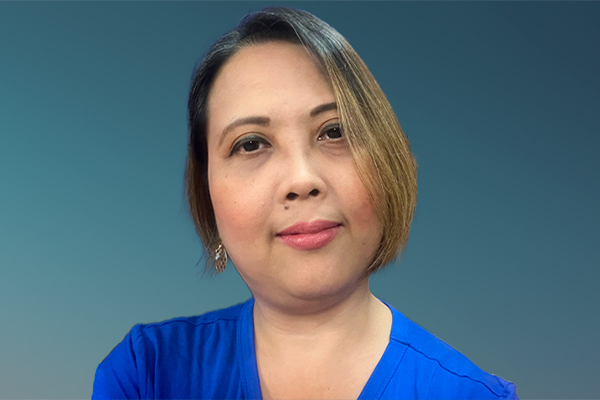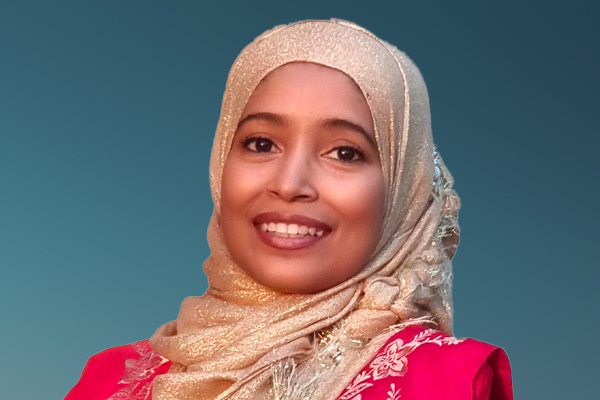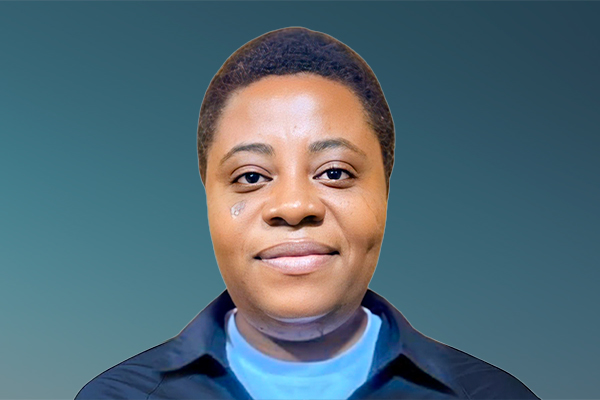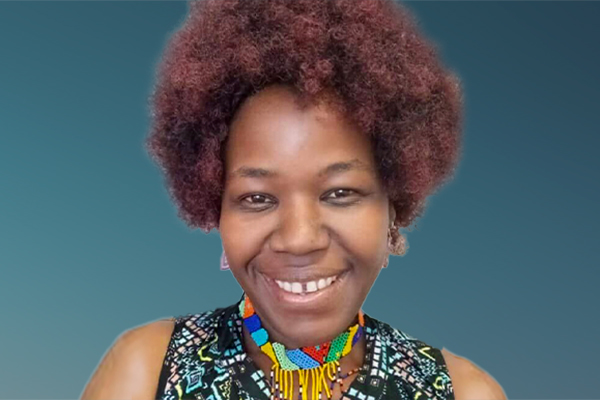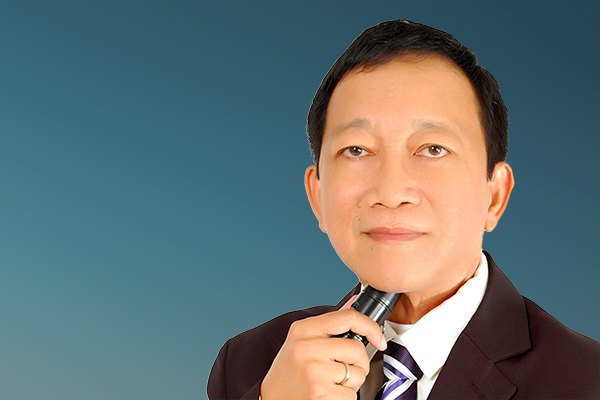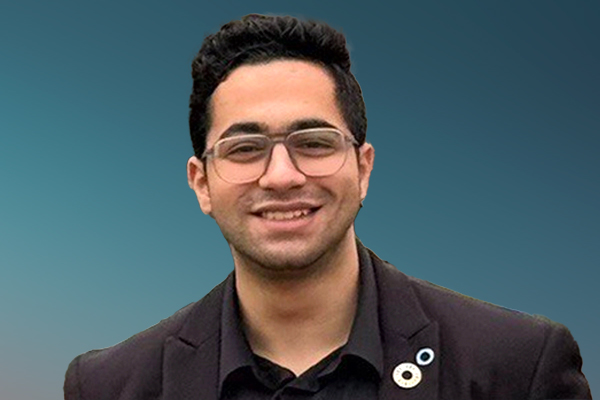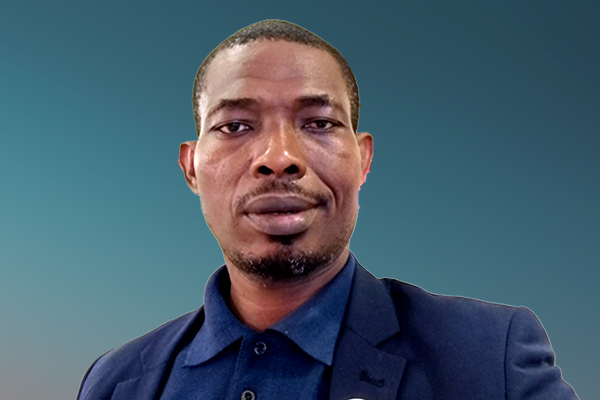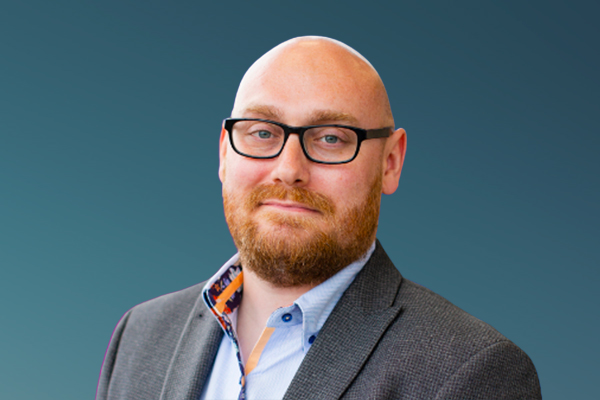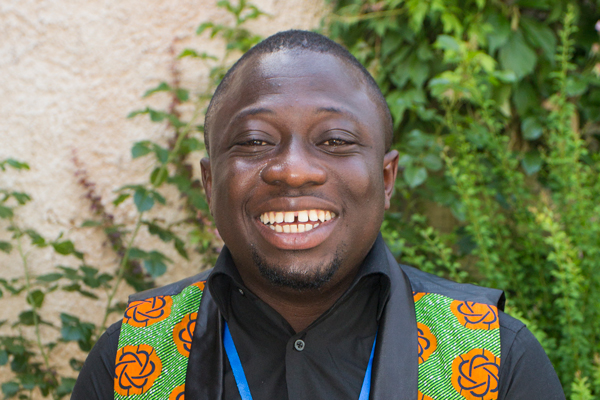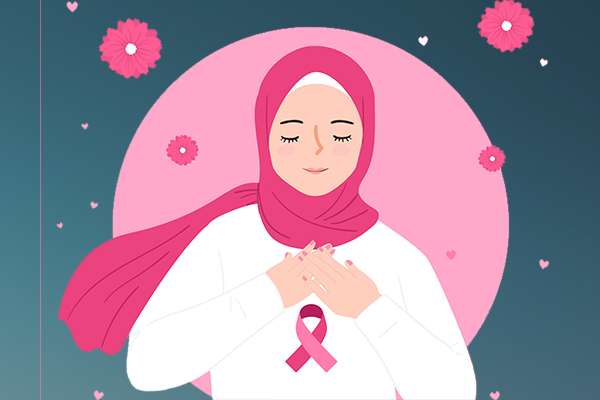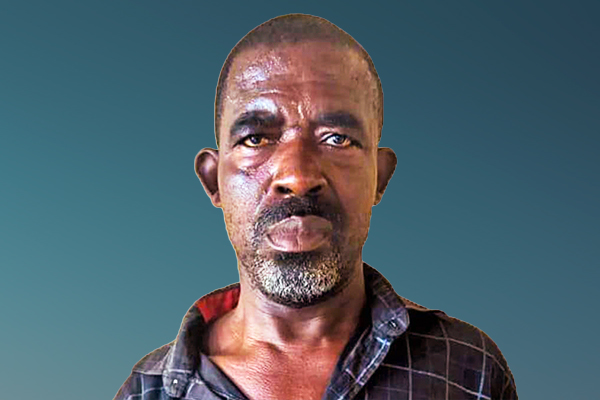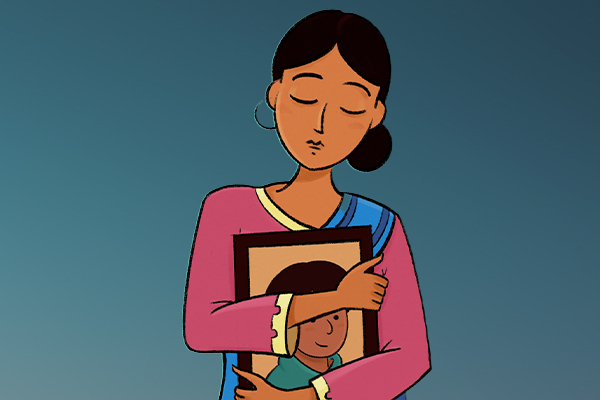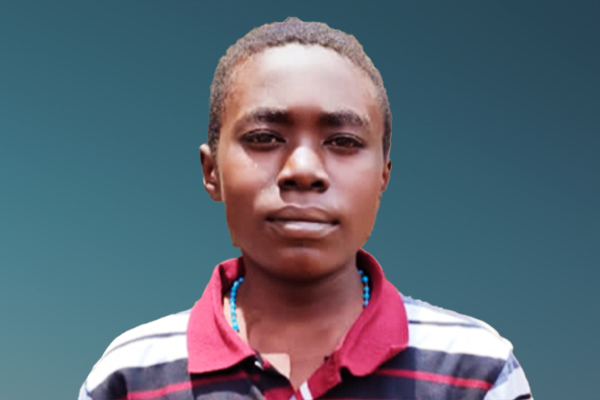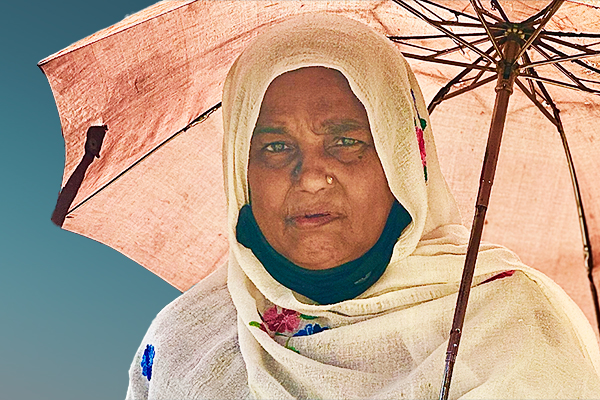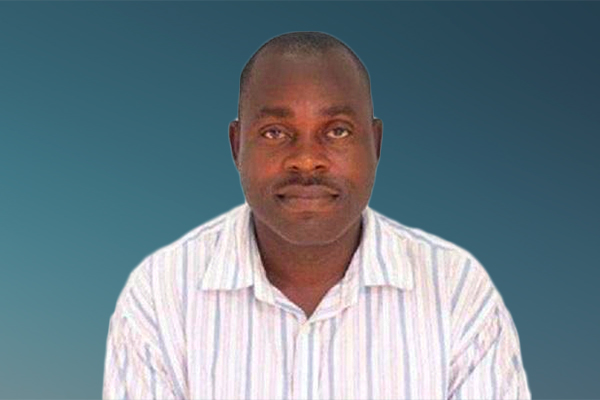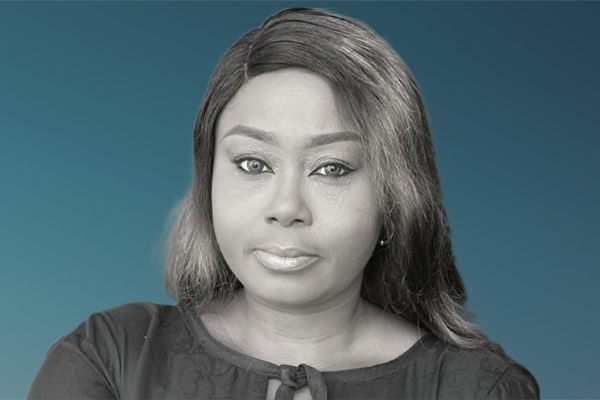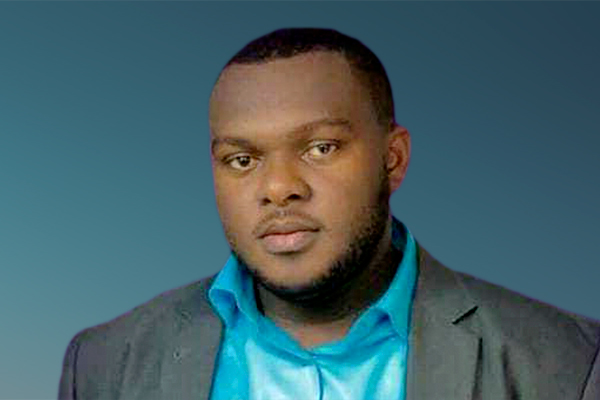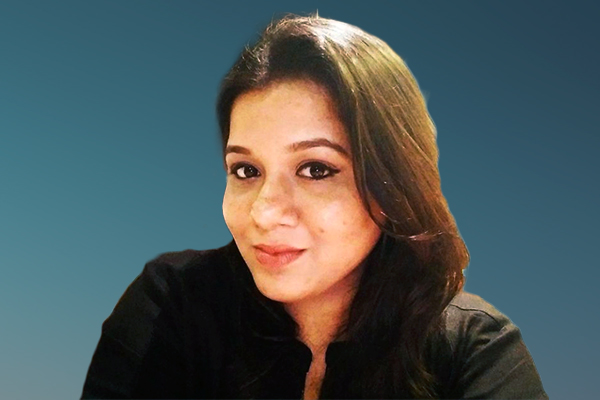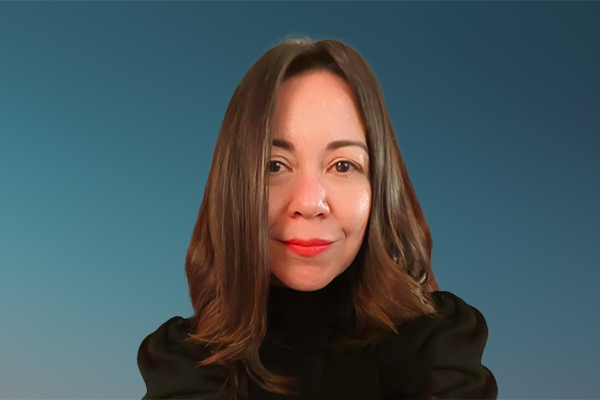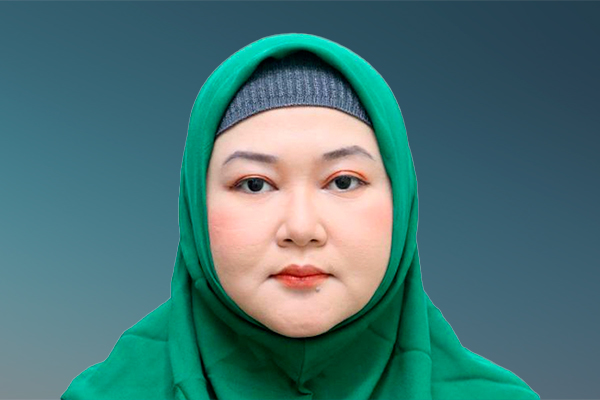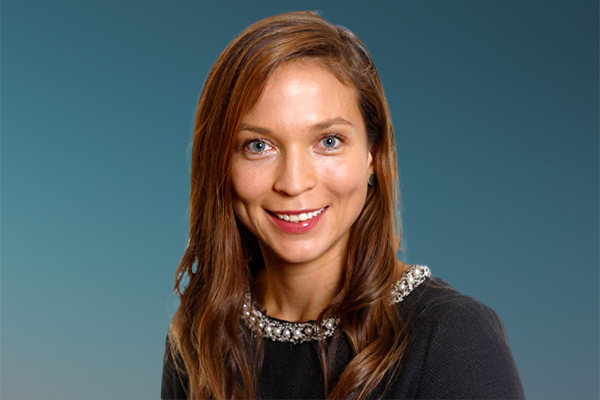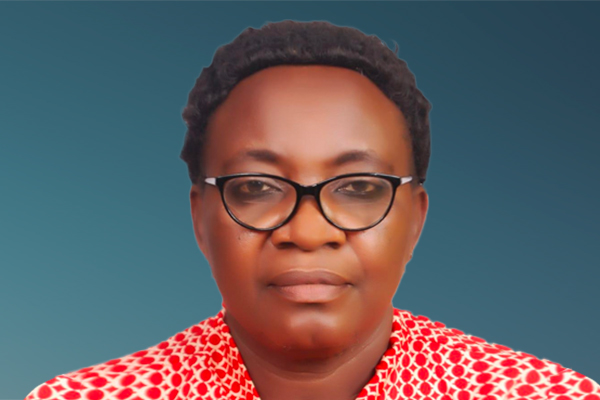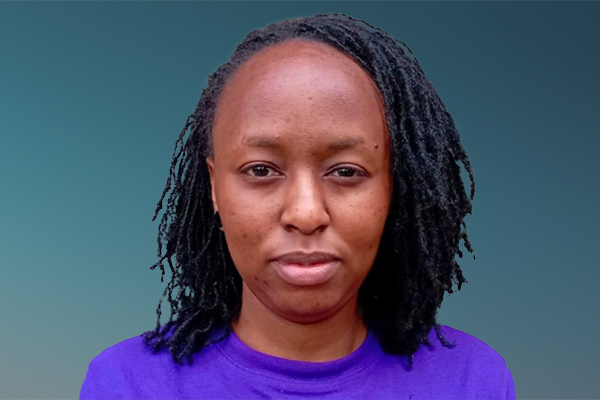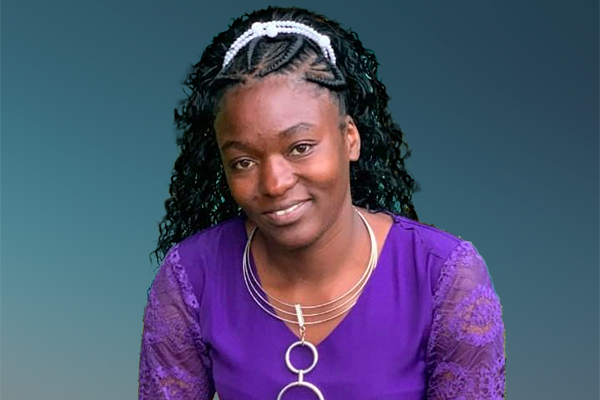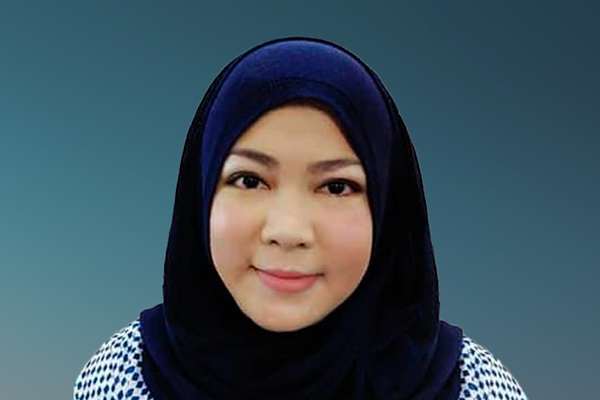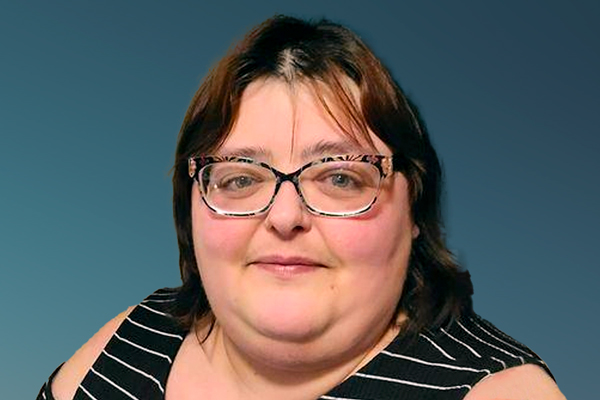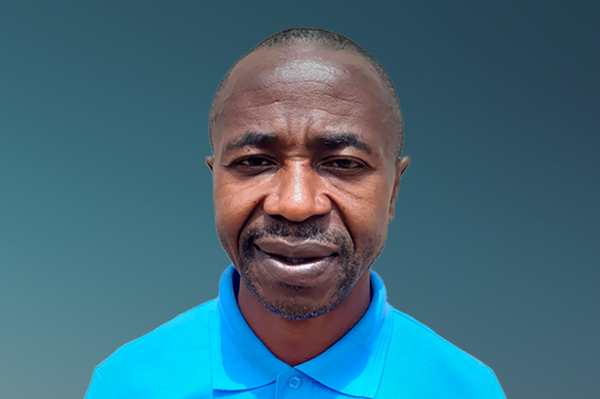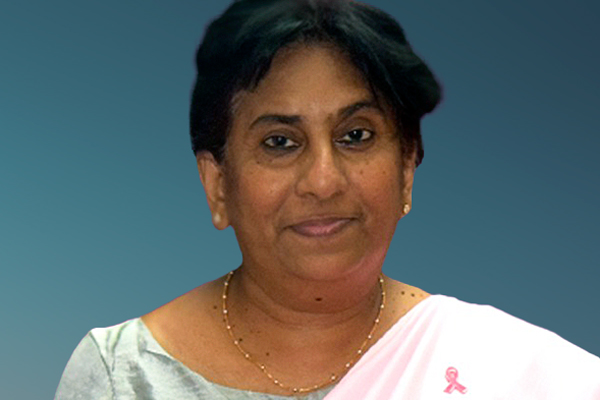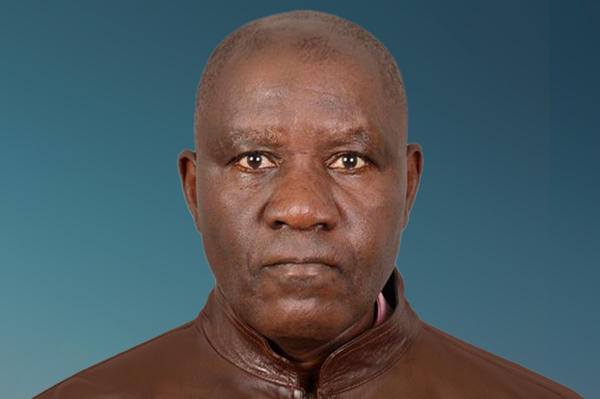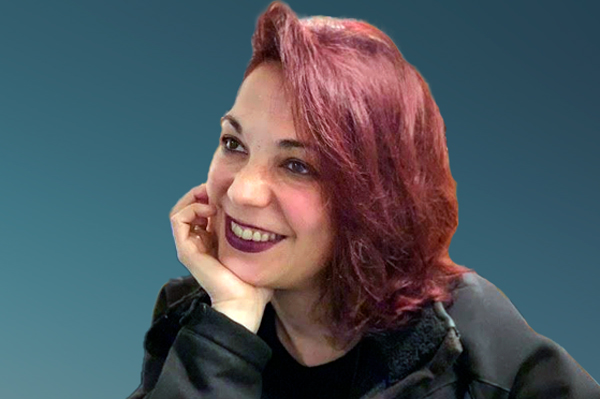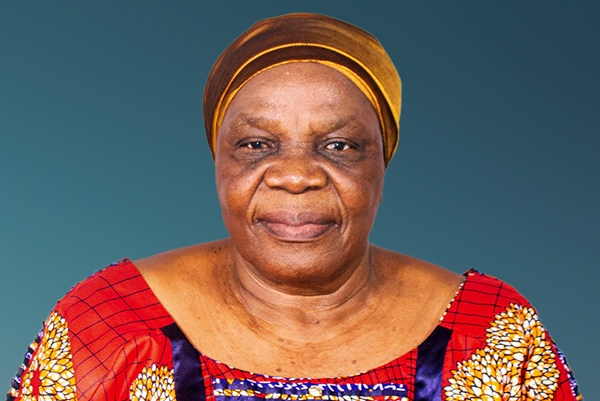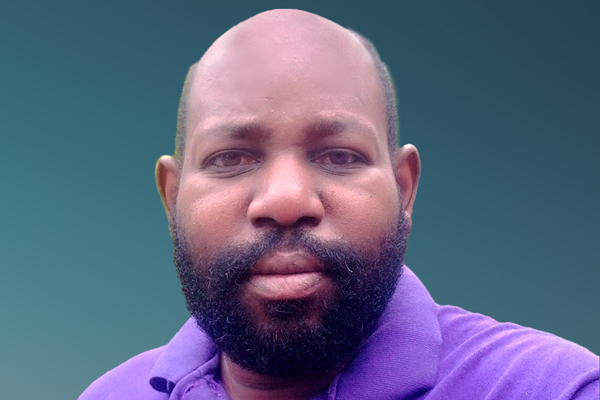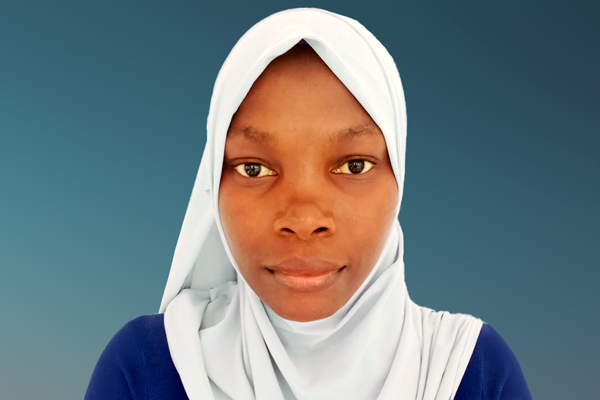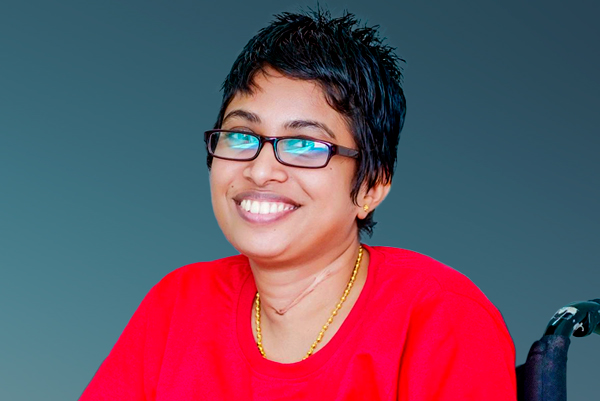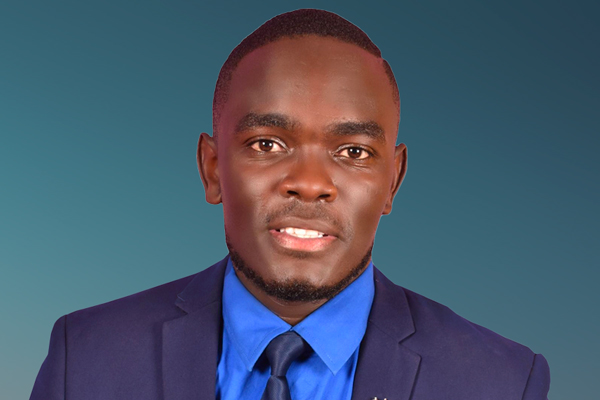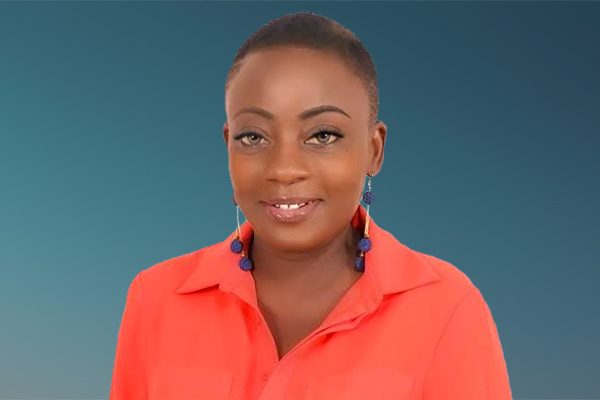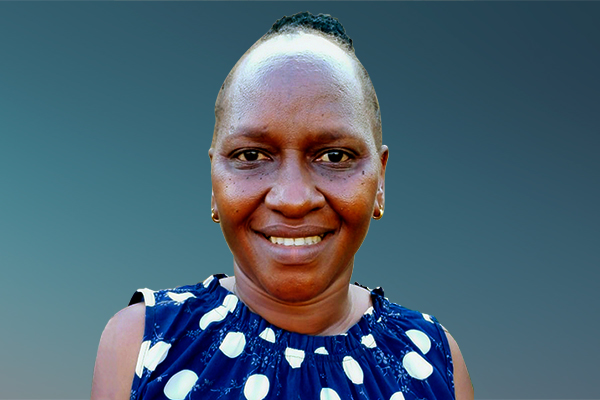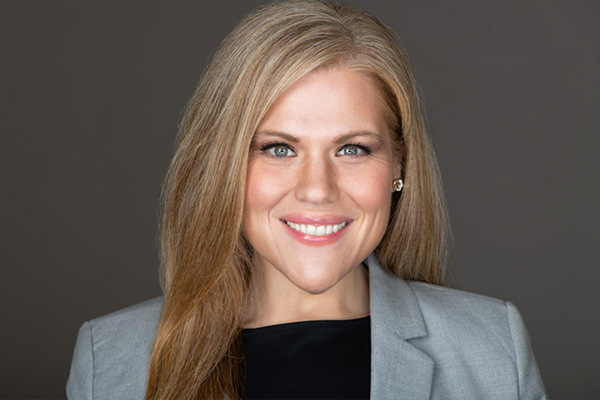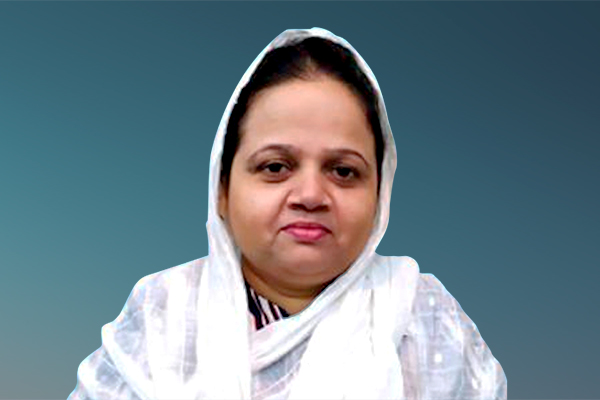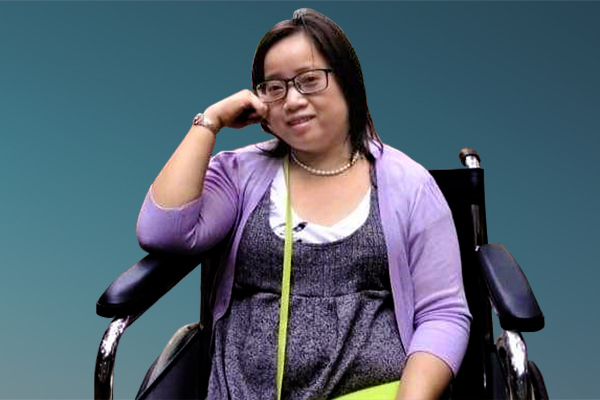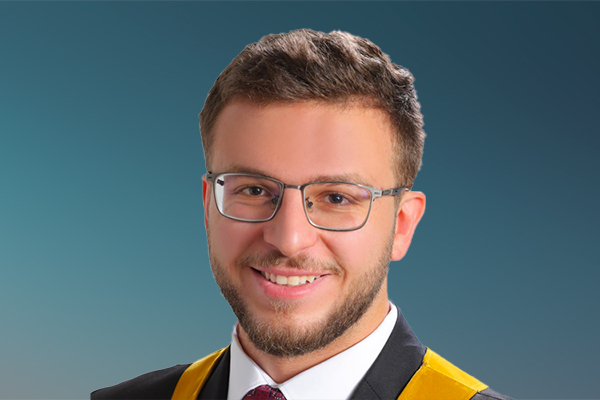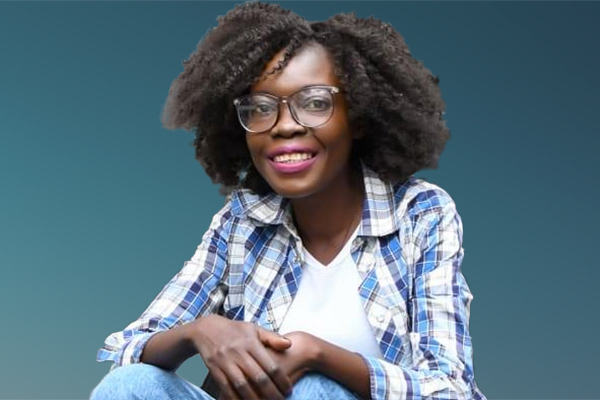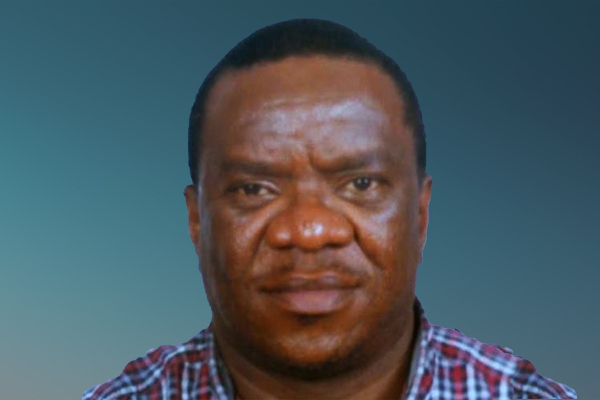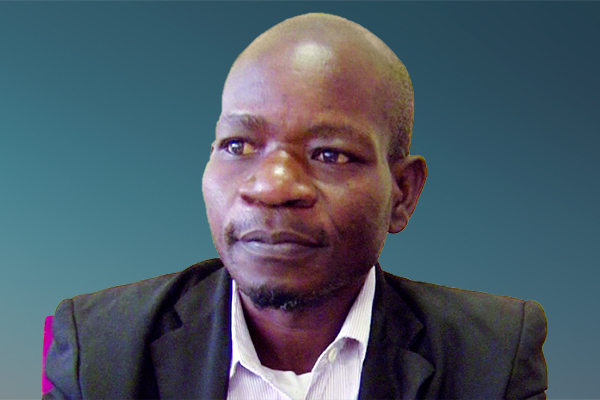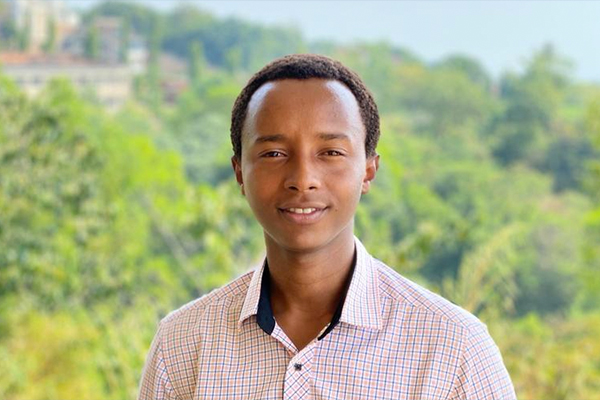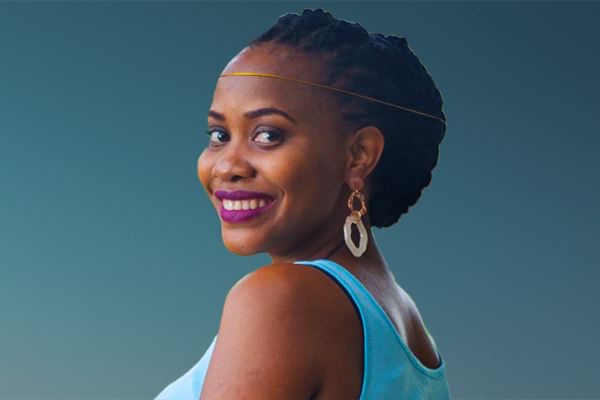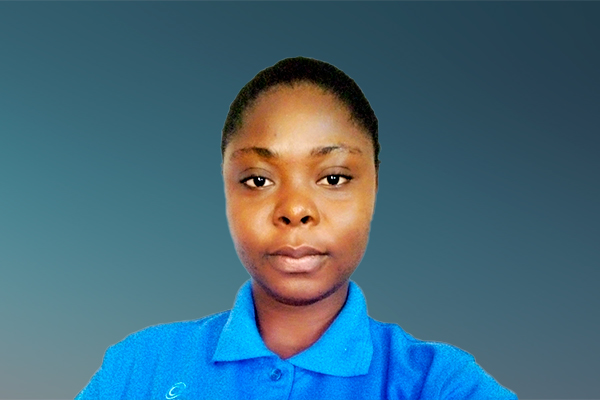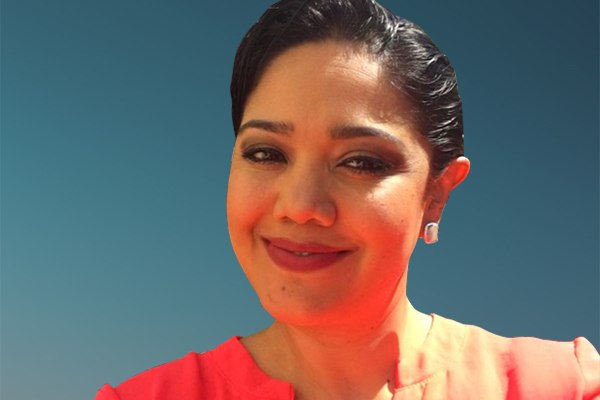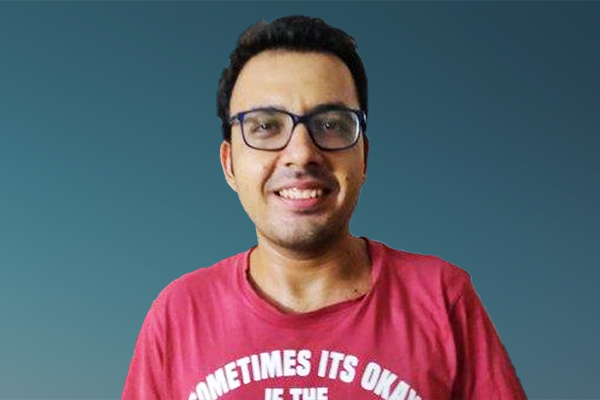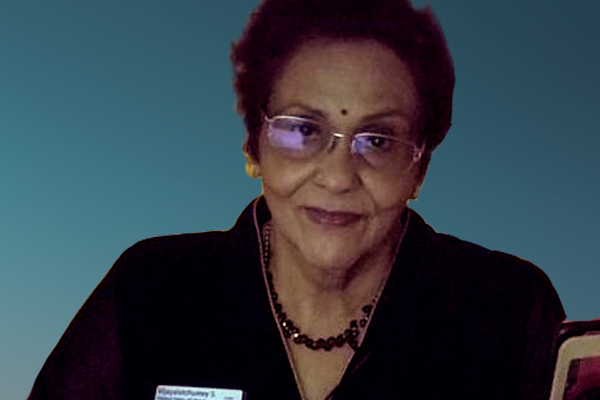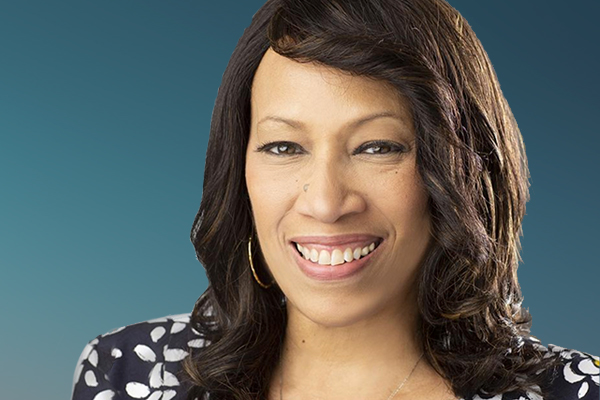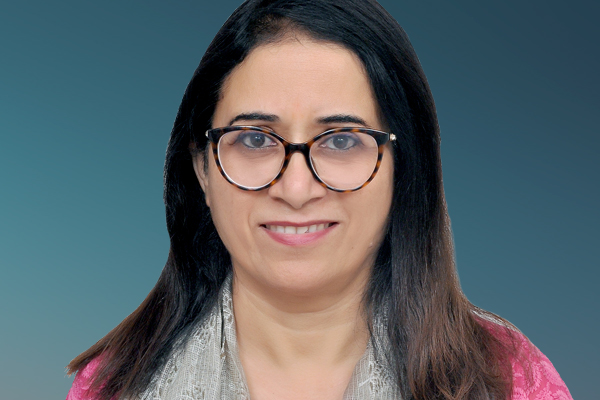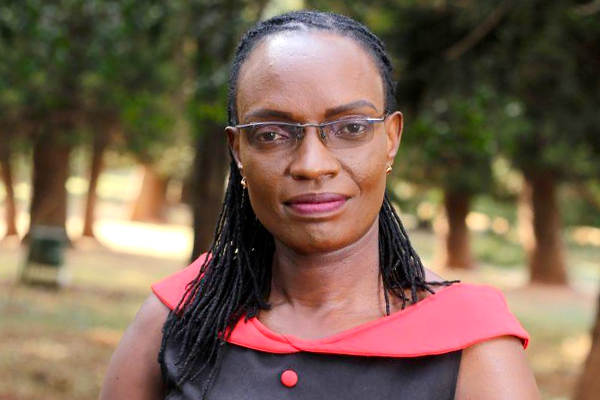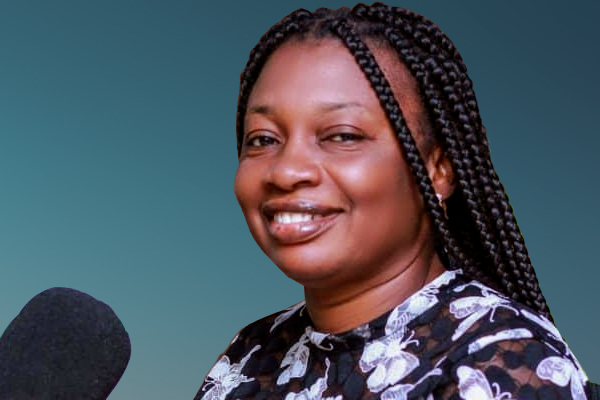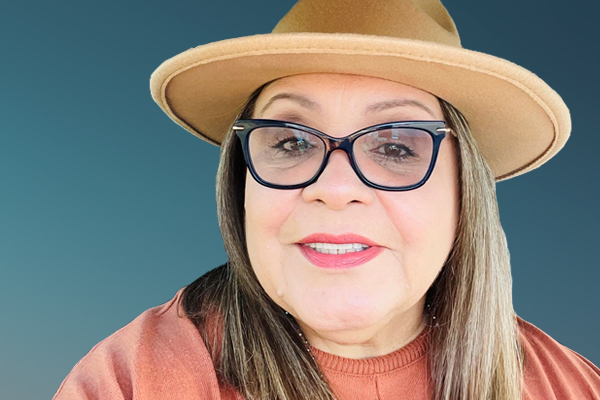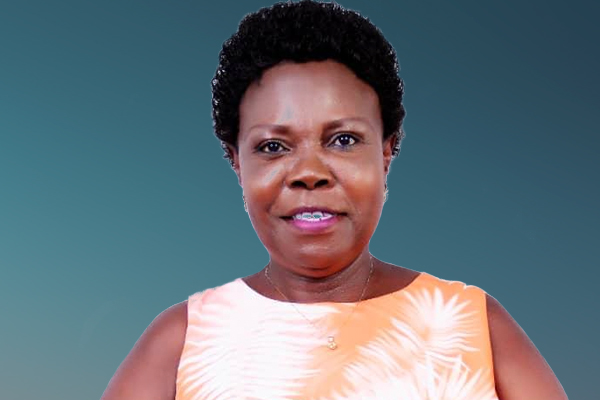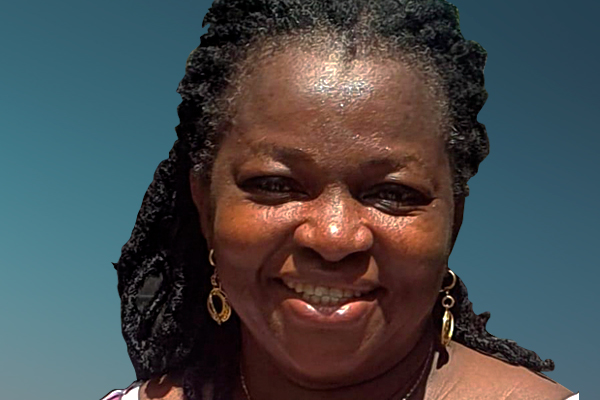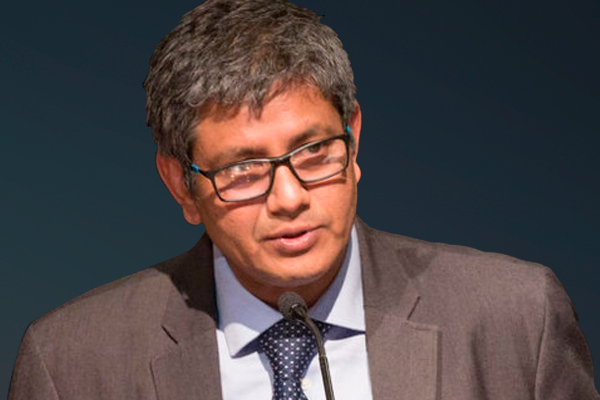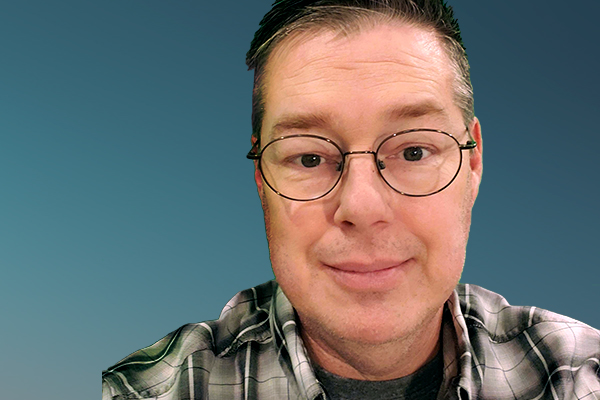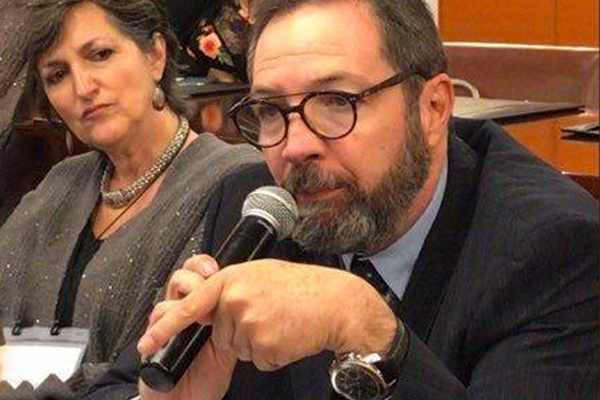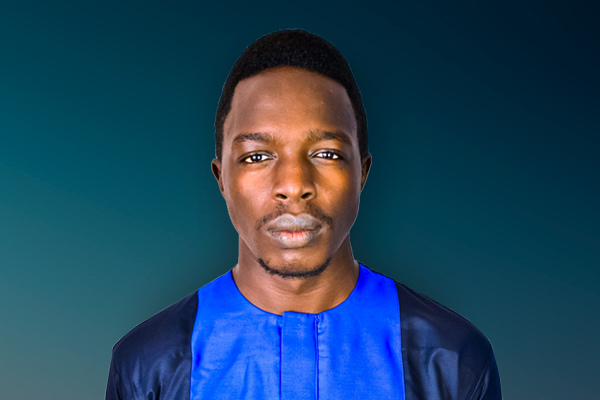My name is Martha Coffie and I'm from Ghana, West Africa. I was first diagnosed with a mental health condition in 2001. This was followed by major depression, obsessive compulsive disorder, hypertension, and a partial stroke in 2010.
From a grassroots community mental health advocate, I now serve as the National Gender Representative, Chair of the Women's Committee, and Executive Board Member of the National Mother Umbrella Organization of Persons with Disabilities in Ghana. I am driving systemic change and shaping the focus on gender equality.
10 September 2025
The odds of mental health diagnosis
It began in 2001, during my second semester of high school. Mental health challenges crept in, stealing away pieces of who I was. Instead of offering support, people around me made me feel unworthy, as if it were all my fault, even deserved it. I was misdiagnosed and later diagnosed with major depression and obsessive compulsive disorder. I was admitted to the Accra Psychiatric Hospital for six months. I wasn't myself anymore. Simple things like speaking became a struggle and my words became jumbled. I experienced cognitive difficulties, and everyone knew something was terribly wrong. Despite the good treatment I received at the hospital, seeing the visible struggles of other patients made me deeply uncomfortable. As a teenager, I never imagined facing such a reality.
My mother became my sole hero. Through thick and thin, she stood by me, a constant source of encouragement. Her words, "We will get past this. You will get well and achieve your dreams", became my beacon in the darkness. There were times she had to care for me completely, feeding, bathing, and putting me to sleep. She saw the good in me, refusing to let my condition define me.
However, outside of this haven of love, the story was different. I have faced significant stigma due to my condition. My family, friends, and neighbours bombarded me with derogatory comments, for example she’s mad, or mentally deranged”, aiming to break me. Their words stung deeply, leaving me questioning my very existence. Looking back, I understand their behaviour stemmed from ignorance. In Ghana, social myths and beliefs often surround mental health conditions, attaching negativity and stigma to it. People struggle to accept its existence, adding further burden to those already suffering.
Finding employment has also been challenging due to the stigma. I was unable to complete my education, a dream shattered not only by my condition but by an educational system that is not inclusive or supportive—a reality faced by many others like me. My doctor, citing my condition, advised against "strenuous learning," effectively limiting my career options. Not graduating from school remains one of the biggest blows I've faced. It fills me with a deep sense of loss and unfulfilled potential. I often wonder what my life would be like if I had been able to pursue my dream of becoming a lawyer, journalist, or psychologist.
Since my diagnosis 24 years ago, I have also been living with other NCDs, experiencing multiple comorbidities. I have lived with hypertension and faced a partial stroke. Despite the challenges, I have developed a thick skin, refusing to let them define me. Today, I stand transformed. The timid girl I once was, is gone, replaced by someone strong and outspoken. I now use my voice to speak publicly, sharing my experiences globally. It's a stark contrast to the past, leaving those who once judged me in awe.
Through my story, I hope to raise awareness and combat the stigma surrounding mental health conditions. By speaking openly and sharing my experiences, I want to empower others facing similar challenges.
24 October 2025
Coping with a mental health condition
Civil society organisations (CSOs) like the Mental Health Society of Ghana (MEHSOG) have been instrumental in my journey. They empowered me, educated me about my rights, and most importantly, showed me that a fulfilling life after a mental health diagnosis is possible.
I started my journey with MEHSOG nearly 20 years ago as a self-help group member, where people living with mental health conditions could come together to discuss challenges and share lived experiences to support and encourage one another. The group provided a space to identify common issues and advocate with one voice.
Through this group, I met one woman in particular who deeply inspired me. She first experienced her mental health challenge during university, and by the time I met her, she had become a successful mental health advocate in Ghana. She became a mentor and a role model to me, sharing her knowledge, practical advice, and encouragement. Having that guidance made a real difference in my life, and now, through my advocacy work and leadership, I can share my own knowledge, experience, and wisdom to help others.
Since then, I went on to become the National Vice President of MEHSOG, giving me the opportunity to take part in decision-making for my community about our advocacy objectives. Two years ago, I was nominated by my community to join the Ghana Federation of Disability Organisations, where today I serve as the representative for gender, overseeing issues faced by women and girls. My experience and confidence has enabled me to lead by example, showing that people with mental health conditions can live meaningful and fulfilling lives. My life is proof that there is hope.
Thanks to my mother’s support, I am where I am today, demonstrating that no parent should give up on their children living with mental health conditions or disabilities. Caring for someone with a mental health condition can be overwhelming, and when family support breaks down, it’s hard for the person affected to stand on their own. There was a time when my mother was my only light in a very dark tunnel.
Along with my mother’s support, none of what I have achieved would be possible without the communities I am part of. These communities became my place of comfort, developed my skills, and helped build my confidence. When I speak, people often marvel that someone with my background can be in these spaces.
Being part of a community has given me a sense of belonging and shown me that I am not alone. I am accepted, understood, and supported. Community gives us a voice, and when we speak together, those in authority have to listen—because together, we are a force.
10 October 2025
The mended cracks - A life of lived experience expertise
The knowledge I have today, along with the support I’ve received, has equipped me with strategies to cope with the challenges of living with a mental health condition. Being informed and having training opportunities for capacity building have been key to navigating stigma, building my confidence, and living a fulfilling life. I’ve learnt that some people may not realise how their words and actions can contribute to stigma and discrimination. Some of them might even be facing their own mental health challenges but haven’t received the right support and opportunities.
I advocate for people living with mental health conditions and disabilities to have access to appropriate and inclusive education and support so they can be informed and empowered to make decisions and lead lives of dignity and fulfilment. This includes access to capacity-building programs, skills training and rehabilitation services.
It is also important that people around those living with mental health conditions, their families and society as a whole, are informed and have awareness about mental health conditions. In my work, we’ve been advocating for education about mental health conditions and disability to be included in school curriculums so that children are informed from an early age.
I call on global leaders to commit to financing and investing in mental health prevention and care. This means investing in the training and development of health professionals to deliver quality mental health care. We need to invest in evidence-based research and in comprehensive services, including health promotion, rehabilitation, occupational therapy and respite care. Mental health services must be person-centred and grounded in human rights so that individuals can be supported to fully integrate in society and lead meaningful lives.
My vision for the future is one where lived experience is recognized and valued as a form of expertise, expertise that not only drives meaningful change but also creates opportunities for employment. People’s skills and lived experiences can be leveraged to provide person centred NCD services including counselling, training, delivering respite care and offering life coaching. I envision a future where people living with NCDs are not only invited to share their experience but where their expertise becomes a respected and sustainable means of earning a valued living.
My story is not just a struggle, but a testament to resilience. It is a message of hope for those facing similar challenges – a reminder that even when you fall, you can rise again. There is always hope, and you are not alone.
NCD Diaries
I’m sharing my story to raise awareness and combat the stigma surrounding mental health conditions.
Martha Coffie, lived experience of multiple chronic conditions, Ghana
About NCD DIARIES
The NCD Diaries use rich and immersive multimedia approaches to share lived experiences to drive change, using a public narrative framework.

